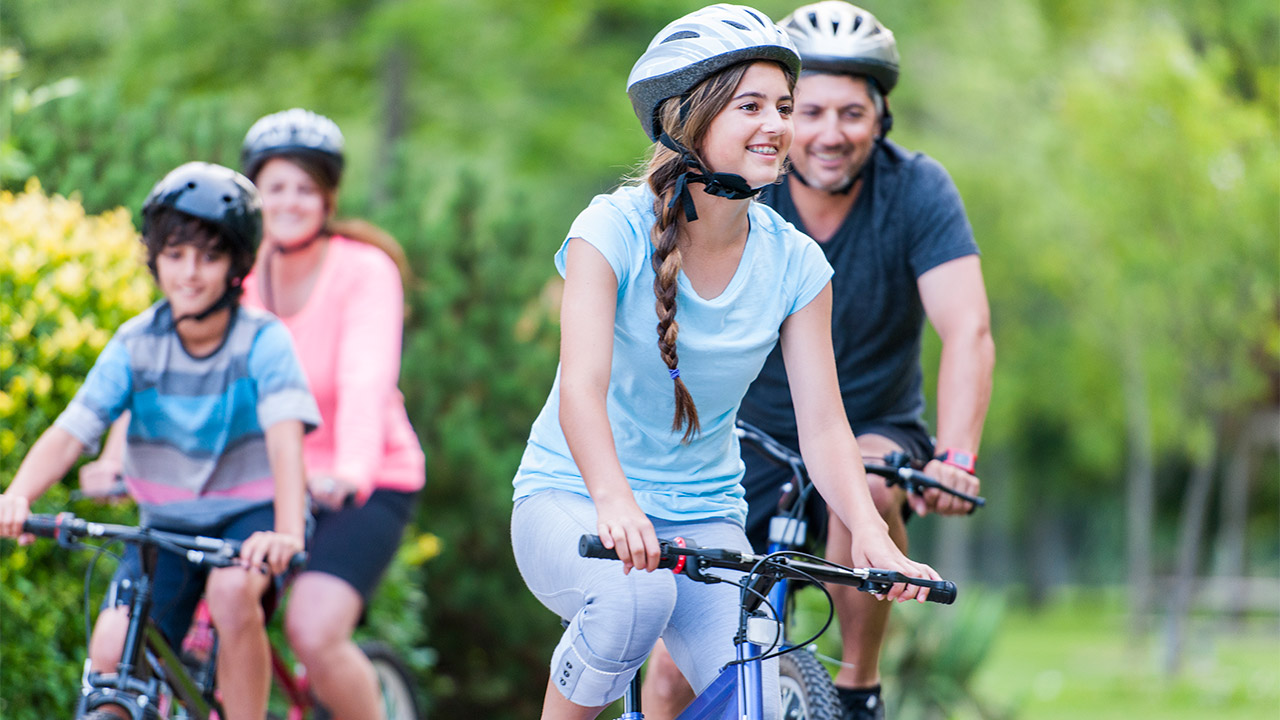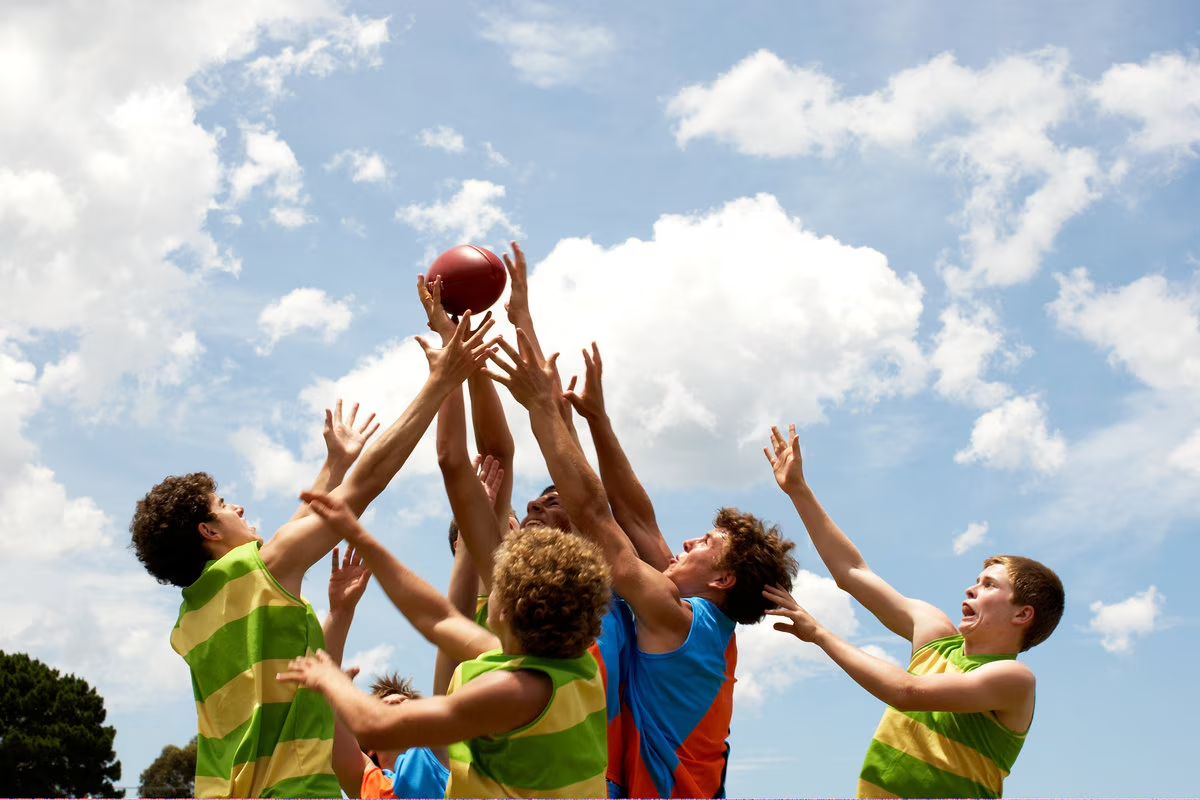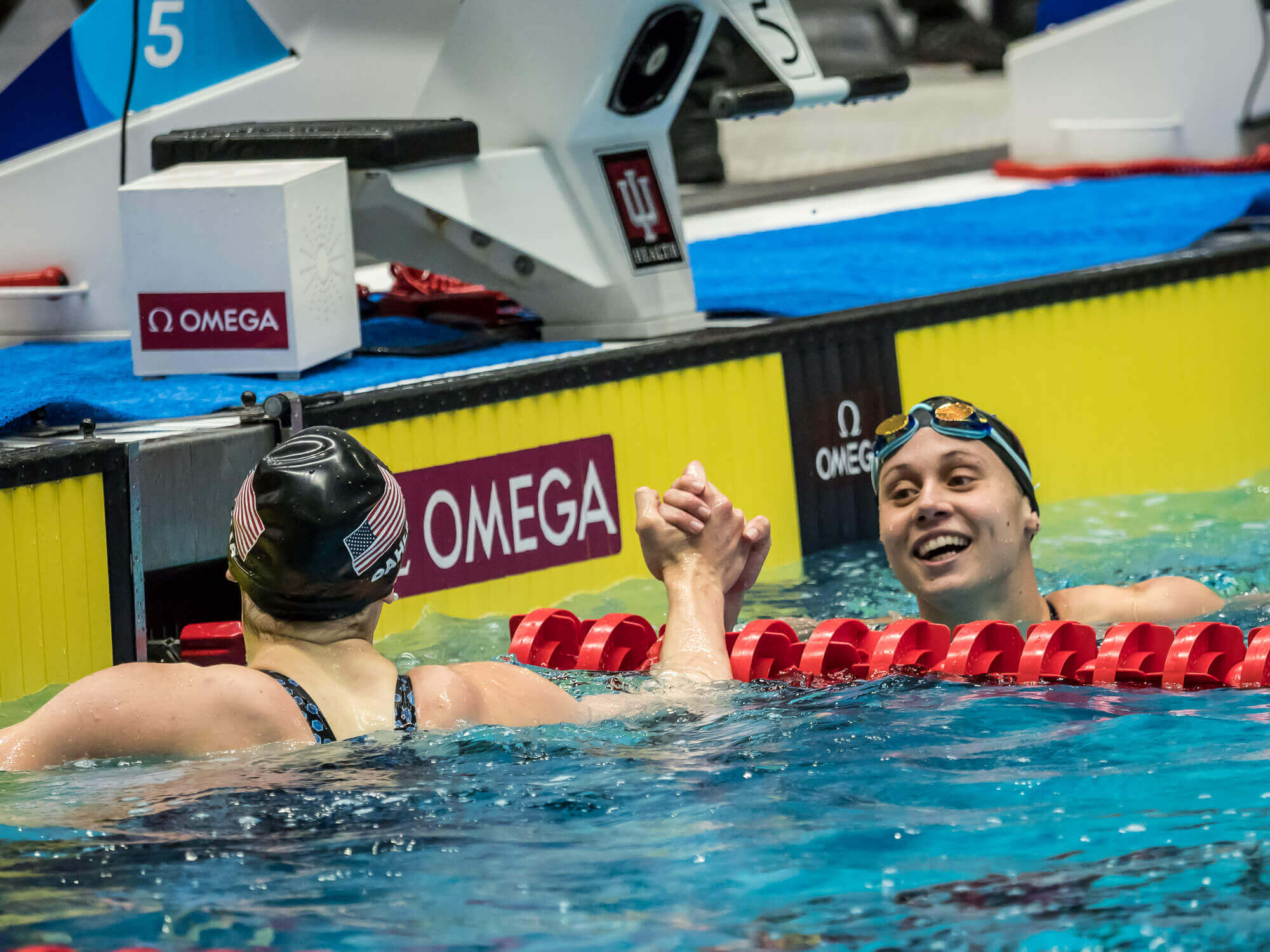The Role of Recreation and Sport in Building a Healthier, Happier Society

In every culture around the world, sport and recreation hold a unique place. From neighborhood soccer matches to professional leagues, from hiking trails to yoga studios, recreation and sport are far more than leisure activities. They provide physical health benefits, foster community spirit, improve mental well-being, and create opportunities for personal growth.
In today’s fast-paced world, where sedentary lifestyles and digital distractions dominate, rediscovering the value of sport and recreation is essential. This article explores their impact on individuals and society, the challenges faced, and how communities can embrace active living in meaningful ways.
The Physical Benefits of Sport and Recreation
One of the most obvious advantages of engaging in sports or recreational activities is physical health. Regular physical activity strengthens muscles, improves cardiovascular health, and boosts endurance. Activities like swimming, running, or cycling are excellent for aerobic conditioning, while sports such as basketball or tennis combine agility, strength, and coordination.
Recreational exercise also plays a vital role in combating modern health concerns such as obesity, hypertension, and diabetes. Studies consistently show that adults who engage in at least 150 minutes of moderate exercise per week lower their risk of chronic disease significantly.
For children, sports are especially crucial in supporting growth, improving motor skills, and establishing healthy habits early in life. For older adults, recreational activities like walking, yoga, or tai chi maintain mobility, balance, and independence.
Mental and Emotional Wellness
Beyond physical health, recreation and sport provide powerful benefits for mental well-being. Physical activity stimulates the release of endorphins, often referred to as the “feel-good” hormones, which help reduce stress, anxiety, and depression.
Team sports foster a sense of belonging, camaraderie, and shared achievement. Even individual recreational activities—such as jogging or hiking—offer moments of mindfulness and stress relief.
In an age where mental health concerns are rising, especially among young people, sports can serve as a protective factor. The discipline, structure, and joy found in athletic participation offer healthy coping mechanisms and reduce the negative effects of social isolation or excessive screen time.

Recreation as a Social Connector
Sport is often described as a universal language. Regardless of cultural, linguistic, or economic barriers, people can connect through shared recreational activities. From pickup basketball games at the local park to global events like the Olympics or the FIFA World Cup, sports unite people with a sense of collective identity and pride.
Recreational activities also build stronger local communities. Parks, gyms, and community centers serve as gathering points where individuals of all ages and backgrounds come together. Through these shared spaces, friendships form, networks grow, and social cohesion strengthens.
Volunteer-driven recreational leagues, in particular, play an essential role in promoting inclusivity. They provide affordable opportunities for children and families who may not otherwise have access to organized sports.
Recreation and Personal Development
Engagement in sports teaches invaluable life skills. Young athletes learn discipline, teamwork, resilience, and time management. Losses on the field teach humility and perseverance, while victories build confidence and self-esteem.
For adults, recreational participation can provide an outlet for personal challenge. Training for a marathon, mastering a new yoga pose, or learning a martial art fosters growth and encourages individuals to push past their comfort zones.
These experiences carry over into daily life, improving problem-solving, leadership, and goal-setting abilities. In this way, recreation is not merely leisure—it is a tool for lifelong personal development.
The Economic Impact of Recreation and Sport
Sports and recreation also have significant economic importance. Local gyms, sporting goods stores, fitness trainers, and recreational facilities create jobs and stimulate economies. Major sporting events bring tourism revenue, infrastructure development, and global recognition.
Even at the community level, investment in recreational spaces leads to positive returns. Accessible parks, walking trails, and sports fields encourage healthy lifestyles, which in turn reduce healthcare costs over time. Employers also benefit, as physically active employees tend to be healthier, more productive, and less prone to burnout.
Challenges Facing Recreation and Sport
Despite their many benefits, access to sport and recreational opportunities is not always equal. Several challenges persist:
-
Economic Barriers: The cost of equipment, training, or club memberships can prevent many families from participating.
-
Urbanization: In densely populated areas, a lack of green spaces or safe recreational facilities limits opportunities for activity.
-
Digital Distractions: Excessive use of technology often reduces physical activity among children and adults alike.
-
Injuries and Burnout: Overtraining in competitive sports can lead to physical injuries and mental exhaustion, especially among young athletes.
-
Inequality in Access: Women, individuals with disabilities, and marginalized groups may face fewer opportunities to participate.
Addressing these challenges requires coordinated efforts from governments, schools, and community organizations.
Promoting Inclusive and Accessible Recreation
To maximize the benefits of recreation and sport, inclusivity is key. Some effective strategies include:
-
Community Programs: Subsidized youth leagues, public swimming pools, and free fitness classes can encourage wider participation.
-
School Involvement: Schools should promote not only competitive athletics but also recreational activities that appeal to a variety of interests.
-
Urban Planning: Designing cities with parks, bike lanes, and recreational centers encourages active lifestyles.
-
Adaptive Sports: Programs tailored for individuals with disabilities ensure equal opportunities to enjoy the benefits of sport.
-
Technology as an Ally: Fitness apps, virtual training, and online communities can help encourage activity when physical spaces are inaccessible.
The Future of Recreation and Sport
As society evolves, so too does the world of recreation. Traditional sports remain popular, but new activities are emerging—such as esports, adventure racing, and hybrid fitness programs. Technology continues to influence how we approach recreation, with wearable devices, virtual reality, and data-driven training becoming mainstream.
Yet, the timeless values of sport—teamwork, resilience, joy, and community—remain unchanged. The future lies in blending tradition with innovation, ensuring that recreation continues to play its essential role in promoting health and unity.

Conclusion
Recreation and sport are far more than pastimes. They are foundations of physical health, mental well-being, social cohesion, and economic vitality. Whether through a daily jog, a weekend soccer match, or cheering for a national team, these activities enrich our lives and communities.
As the world faces rising health challenges, mental stress, and social fragmentation, embracing the power of recreation is more important than ever. By ensuring inclusive, accessible opportunities, we can harness the potential of sport to create healthier, happier societies.
So, whether you’re lacing up running shoes, joining a local team, or simply enjoying a walk in the park, remember: recreation is not just leisure—it is a pathway to a better life.


